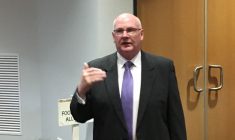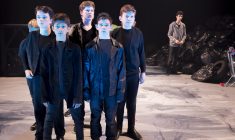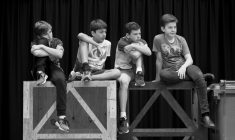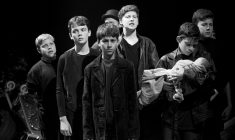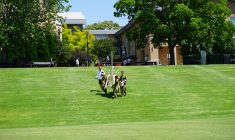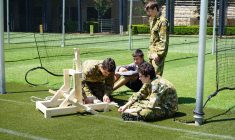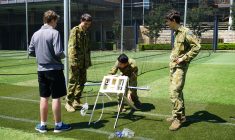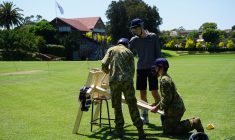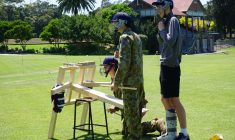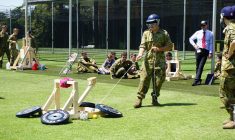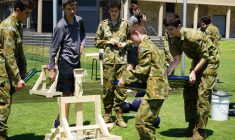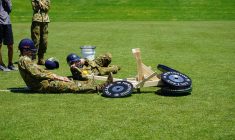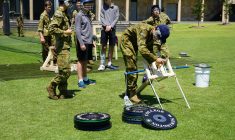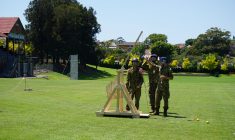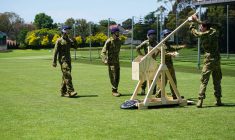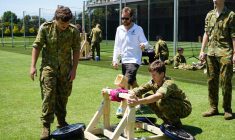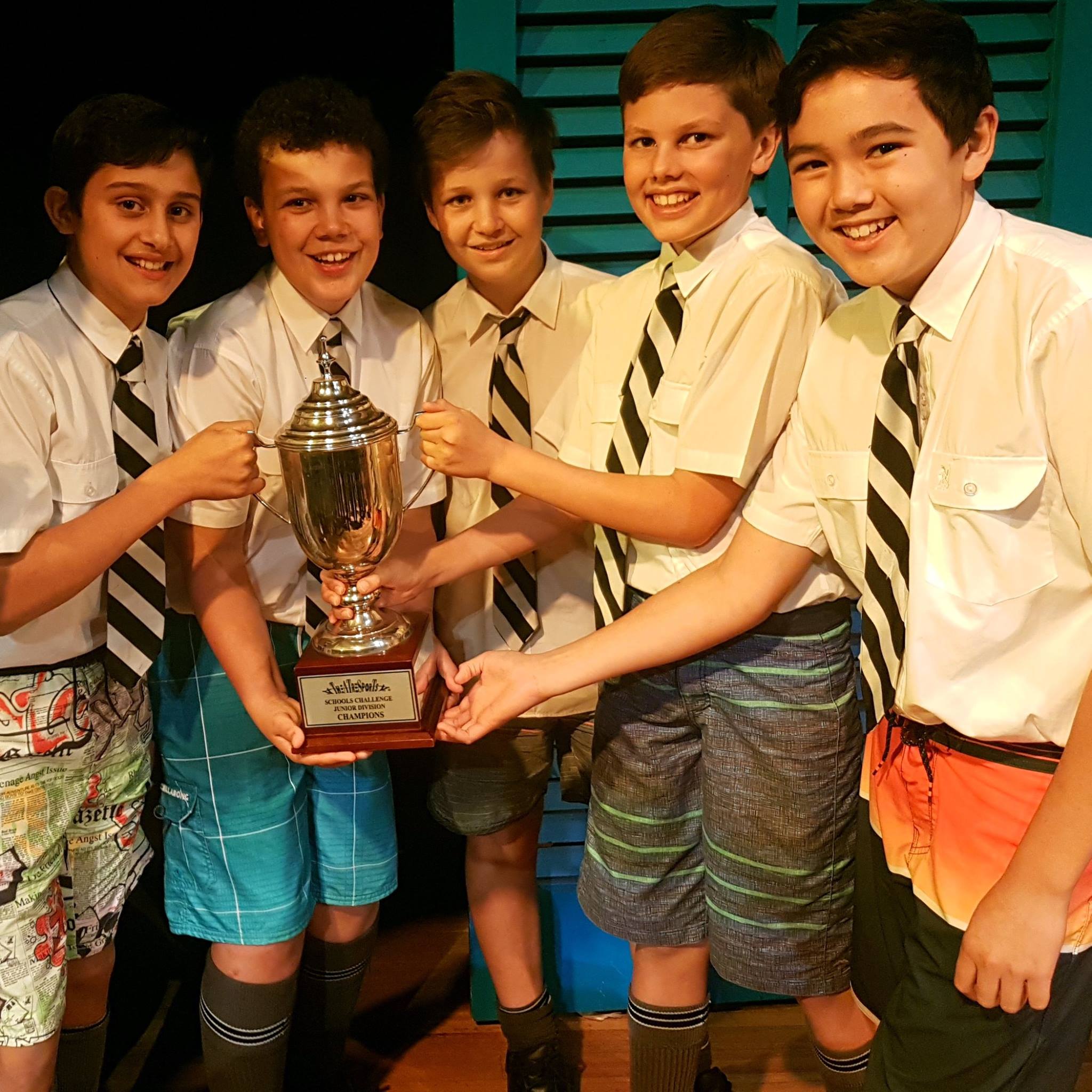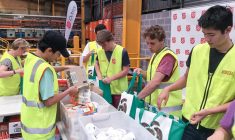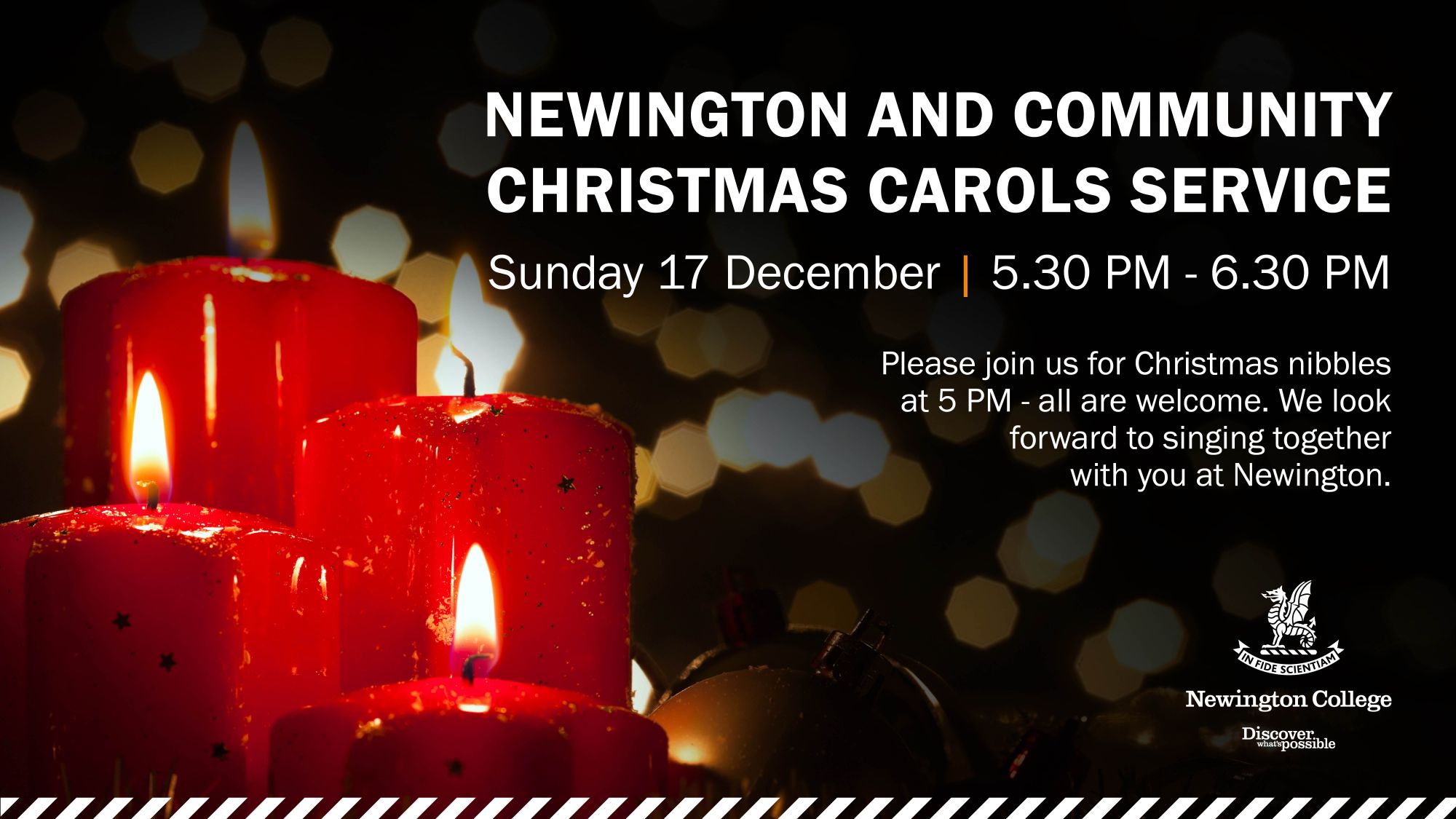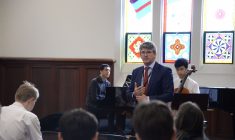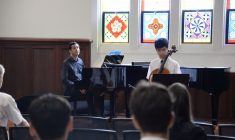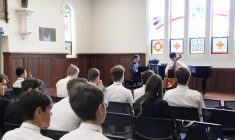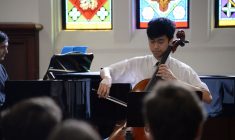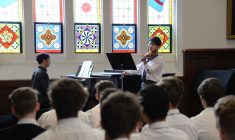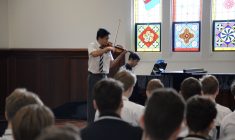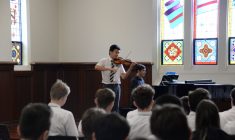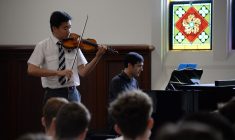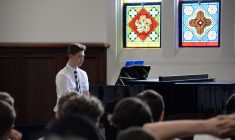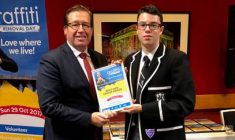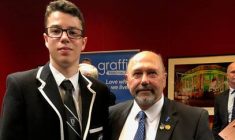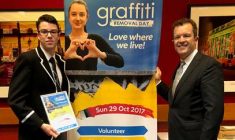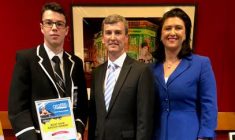The Changing Rules of Trust
In November, global thought leader, author and visiting academic at the University of Oxford SaÏd Business School Ms Rachel Botsman visited Newington for the final lecture in the Centre for Ethics series for 2017.
Ms Botsman is known globally for her visionary thinking on how the power of collaboration and trust enabled by digital technologies will change the way we live, work, bank and consume.
Drawing on her recent book, Who Can You Trust?, Ms Botsman explored the notion of a “trust shift” which she explained as “a new world order where technology is re-writing the rules of every relationship”.
Recently there has been a paradigm shift away from institutional trust. Recent surveys have shown trust in major institutions such as media, businesses, NGOs, government and religion is at an all-time low. Ms Botsman explained the notion that trust lies at the top of organisations is collapsing for three main reasons: lack of accountability, an inversion of influence and echo chambers and misinformation.
Narratives that suggest trust is in crisis amplify the cycle of distrust and are therefore not helpful. Ms Botsman sais there was plenty of trust in the global community; it’s just flowing in a different direction.
“The reason why we are feeling so much pain, change and disruption is because this trust that used to flow upward is now flowing sideways,” she said.
Ms Botsman suggested we are currently experiencing the third largest trust shift in human history.
She explained trust has had two other previous chapters – local trust and institutional trust. Local trust existed a long time ago when people lived in small communities and people traded directly, relying on person-to-person reputation. When people started to move to cities and went through the industrial revolution the trust that used to flow between people started to flow through institutions.
The third type of trust that is now emerging is called distributed trust.
Ms Botsman said: “Distributed trust flows directly between individuals but it can flow in ways and on a scale we never knew possible before because it’s not confined by physical proximity.”
Ms Botsman unpacked how trust works in a “distributed age” and explored the ethical considerations of distributed trust. The “distributed age” is changing the way trust is built, how trust is managed and how trust is lost and repaired.
Ms Botsman spoke about the idea of trust between strangers and gave the example of AirBnB. Airbnb is not a marketplace built on money, but rather a business built on trust. More than two million people every night use Airbnb and take a “trust leap”.
“A trust leap is really important for the way a society progresses. As human beings, we take a risk to do something new or different from the way we have done it before. Human beings are wired to take trust leaps,” she said.
“Technology is enabling us to leap faster and higher than ever before.”
So how do you build trust? According to Ms Botsman, trust is a bridge between the known and unknown. People do not want entirely new things; they want the familiar done differently. Therefore, if you are trying to build trust, you need to reduce the unknown.
Ms Botsman also touched on the idea of trust in technologies and fake news. Currently, two-thirds of Americans get their news from Facebook. People are outsourcing their decisions about what to trust to an algorithm.
According to Ms Bostman, we need to play an active role in our interactions with technology. We need to ask technology companies to design features that enable us to press pause. People are letting convenience trump trust.



